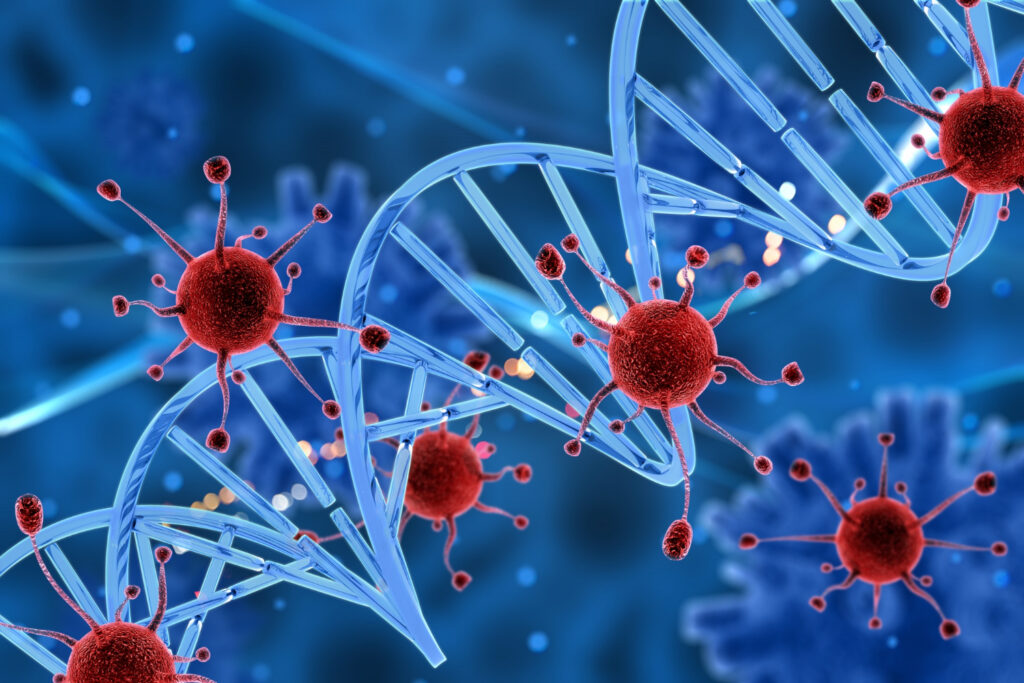Introduction
Biochemistry plays a crucial role in the education of medical students, providing them with a deep understanding of the chemical processes that occur within living organisms. It forms the foundation for understanding the molecular basis of various diseases, drug action, and the principles underlying diagnostic tests. In this essay, we will explore the importance of biochemistry for medical students.
Biochemistry Basics
Biochemistry provides medical students with an understanding of the structure and function of biomolecules. Proteins, nucleic acids, carbohydrates, and lipids are fundamental components of cells, and their understanding is essential for comprehending the molecular mechanisms underlying diseases. Medical students learn about the structure of proteins and how alterations in their structure can lead to the malfunctioning of enzymes or the development of genetic diseases. Similarly, understanding the structure and replication of DNA helps medical students appreciate the basis of genetic disorders and the principles of genetic engineering.
Knowledge Sharing
Biochemistry equips medical students with knowledge of metabolism and energy production. The study of biochemical pathways allows students to understand how nutrients are broken down and converted into energy and essential molecules required for cell function. This knowledge is particularly important in the context of diseases such as diabetes, obesity, and metabolic disorders, where abnormalities in metabolism play a central role. Medical students who grasp the intricacies of metabolism are better equipped to diagnose and manage such conditions.
Body and Medicine
Furthermore, biochemistry provides a basis for comprehending the action and interactions of drugs. Medical students learn about drug metabolism, pharmacokinetics, and pharmacodynamics, which help them understand how drugs are processed and how they interact with specific targets in the body. A solid understanding of biochemistry allows medical students to evaluate the efficacy, safety, and potential side effects of drugs, enabling them to make informed decisions in clinical practice.
Diagnostics Tests
Additionally, biochemistry is essential for comprehending diagnostic tests used in clinical practice. Techniques such as enzyme-linked immunosorbent assay (ELISA), polymerase chain reaction (PCR), and western blotting rely on biochemical principles. Medical students who understand these principles can better interpret the results of diagnostic tests, aiding in the diagnosis and monitoring of various diseases.
Pathogenesis
Biochemistry plays a significant role in understanding the pathogenesis of diseases. Medical students learn about the molecular mechanisms underlying common diseases such as cancer, cardiovascular diseases, and neurodegenerative disorders. This knowledge helps them understand how alterations in cellular processes, signaling pathways, and gene expression contribute to the development and progression of diseases. By understanding the biochemical basis of diseases, medical students can design targeted therapies and interventions.
Critical Thinking
Biochemistry fosters critical thinking and problem-solving skills in medical students. The complex nature of biochemical processes requires students to analyze and integrate information from various disciplines, including biology, chemistry, and physiology. They learn to approach clinical scenarios from a molecular perspective, applying their knowledge of biochemistry to understand the underlying mechanisms and propose appropriate treatments.
Conclusion
Biochemistry is of paramount importance for medical students as it provides a solid foundation for understanding the molecular basis of diseases, drug action, and diagnostic tests. It equips students with knowledge of biomolecules, metabolism, drug interactions, and disease pathogenesis. Furthermore, biochemistry enhances critical thinking and problem-solving skills, enabling medical students to approach clinical scenarios with a molecular perspective. Therefore, a comprehensive understanding of biochemistry is indispensable for medical students and plays a pivotal role in their training as future physicians.


Hi, this is a comment.
To get started with moderating, editing, and deleting comments, please visit the Comments screen in the dashboard.
Commenter avatars come from Gravatar.